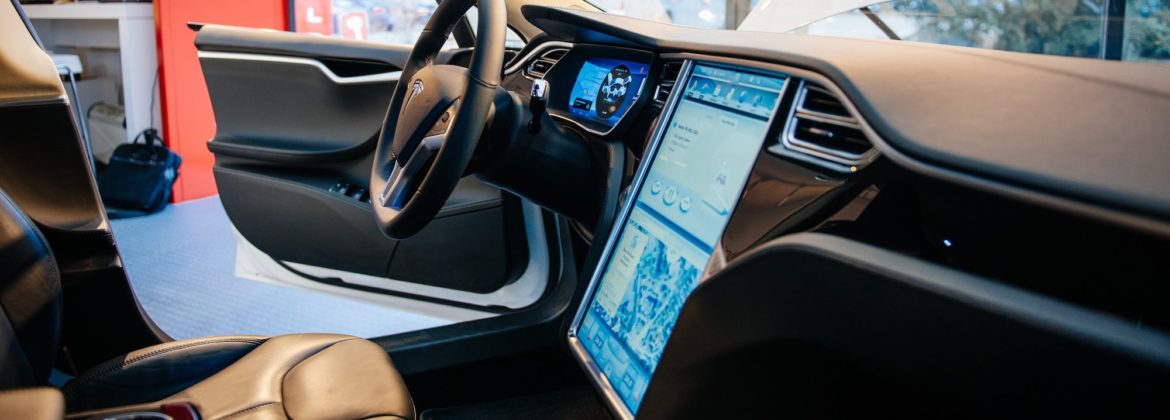Electric Vehicles Could Create More Efficiency For Car Rentals

Results show green technology spells greater durability and less maintenance
What was hoped to have been pandemonium over the electric car eventually overtaking their internal combustion counterparts still sounds like a pipe dream these days. Delays and cost overruns of That Next Big Thing on Four Wheels haven’t helped with meeting consumer expectations, and despite the clamor over global warming, a great deal of divisiveness has complicated the issue. That’s especially pertinent to the U.S., where the petroleum-based energy industry maintains a huge grasp on the domestic economy.
Economics Could Play A Factor
When it comes to rental cars, it’s a wonder those fleet companies don’t have any battery-powered vehicles in their lots at all, given the conflicting social elements at play. That being said, if economics wins out in the end, the case to include more green technology might be convincing. The latest evidence that might catch the attention of the rental car powers that be comes from recent findings made by California-based shuttle service Tesloop, which boasts a seven-vehicle fleet entirely comprised of Teslas.
As revealed in 2019, the company discovered that after 300,000 miles, each vehicle was still in great shape, with little wear and tear on the exteriors, framework and even the engines. That’s roughly three times the allowed mileage on an internal combustion car rental before it’s retired. Given their small fleet, those cars required two full charges a day and covered at least 17,000 miles a month, something that’s seldom reported by conventional car rentals. Save for a vehicle accident that wrote off one Tesla, the cars were still in prime condition.
Will More Electric Cars Be Added To Fleets?
The findings have prompted Quartz, which first revealed the findings, to ponder over the likelihood that more electric cars will be added, given that roughly 12 million vehicles are purchased by fleet owners annually in Europe and North America. If the durability of electric cars, especially the Teslas in question here, is just as evident on what’s rolling out of Elon Musk’s factories as they are on the small Tesloop sample, it’s a cost-saving option that might be worth pursuing.
There’s more. Cars used in service by the City of New York regularly show a variable degree of maintenance costs every year. The most expensive to maintain and fuel annually in the city’s fleet is the Ford Focus, which cost $1,805, followed by the Ford Fusion at $1,621. At the opposite end of the scale, cars that were totally electric turned out to be the cheapest to run each year, led by the Chevy Bolt ($205), Nissan Leaf ($344) and the battery-powered Focus ($386).
One prevailing worry seems to be how electric rentals will affect company infrastructure, such as the need for electric chargers and other servicing factors. There’s also the concern that there aren’t many larger sized vehicles other than SUVs that could come in handy. And then there’s the attitude among older consumers who swear by the internal combustion transportation mode in much the same way their parents used to believe that only the good cars came from Detroit.
But if economic efficiencies play a larger hand in the addition of more electric vehicles to fleets, chances are those who do that will have a leg up on their competition.
–